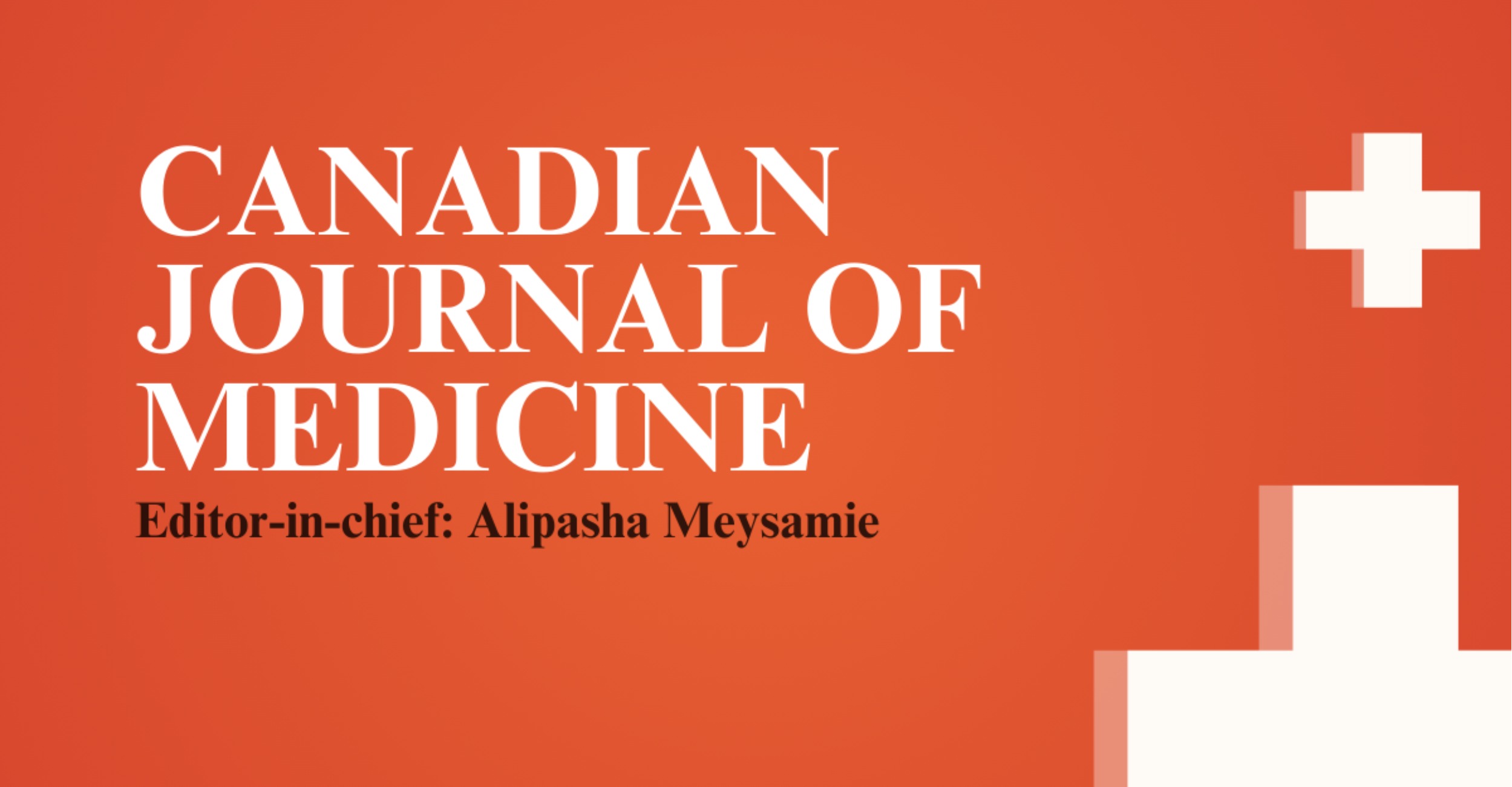Published on : December 11, 2024
Canadian Journal of Medicine

The Collaborative CME and Research Network is thrilled to share our recent article published in the Canadian Journal of Medicine, presenting results from our national survey on insomnia management in primary care conducted in 2024. We were delighted to collaborate with the authors on this important project.
Insomnia Management in Primary Care: Outcomes from a Canadian National Survey Reveal Challenges and Opportunities to Improve Clinical Practice
Insomnia is prevalent yet remains underrecognized and inconsistently treated in Canadian primary care. Significant learning and knowledge gaps exist for Canadian Primary Care Physicians (PCPs) managing patients with insomnia. Consequently, Canadian PCPs were invited to participate in a national Needs Assessment survey to provide real-world insights into the management of insomnia and to identify current gaps in clinical care of insomnia. A Steering Committee comprising Canadian psychiatrists and PCPs, with strong expertise in insomnia, collaborated on a national survey on the management of insomnia and a subsequent article exploring survey results. The Collaborative CME and Research Network (CCRN) and the article authors validated the content and conducted factor analysis for construct validity to assess the survey's validity and reliability. Data were analyzed using descriptive statistics to summarize and identify trends. CCRN ensured appropriate regional representation in the survey roll-out and subsequent collection of responses. Survey findings revealed limitations in training, skills, and knowledge regarding insomnia management. Critical knowledge and learning gaps identified through the survey underscored the need for training and targeted Continuing Medical Education (CME) to help Canadian Healthcare Providers (HCPs), especially PCPs, understand better the complexities of insomnia. Barriers include reluctance to recommend cognitive behavioural therapy in insomnia (CBT-I) and limited awareness of the orexin pathway’s role in the sleep/wake cycle, as well as therapies specifically indicated for insomnia. This article highlights the need to address these barriers to help HCPs better support their patients with insomnia and alleviate the burden on the healthcare system.